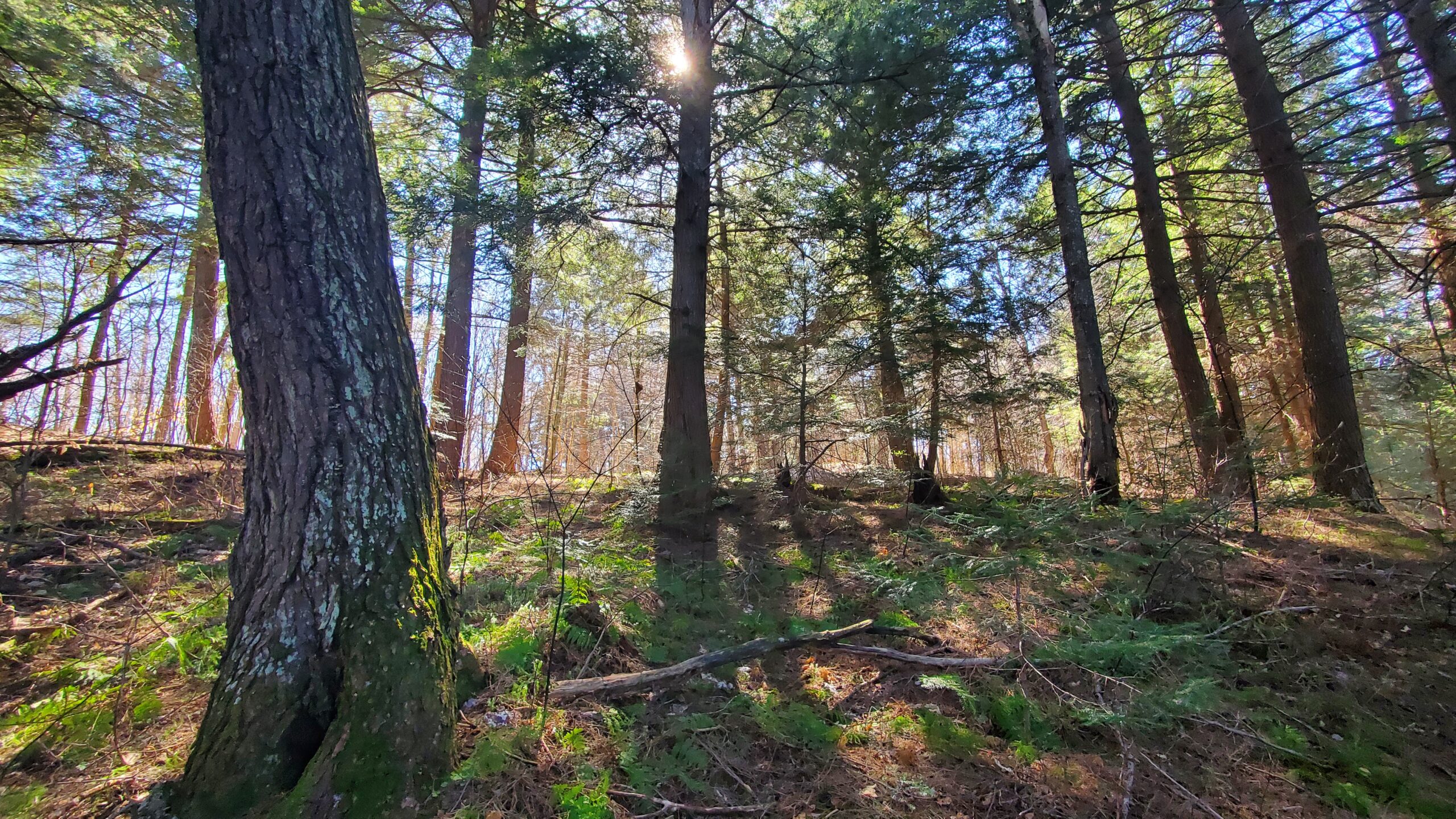The Friends of the Muskoka Watershed (FOTMW) have kicked off their citizen science program, but they need more citizen scientists.
The organization is providing residents with filtered wood ash to spread on trees. Participants will need access to two trees of the same species, and roughly the same size and age.
The citizen scientists are tasked with spreading the ash at the base of one tree, keeping the other as a control. Over at least the next year, they’ll need to monitor the health of the tree.
Katie Paroschy, Citizen Science Coordinator for FOTMW, says trees and plant life in our area have been leached of calcium by decades of acid rain and logging practices.
She says initial studies from institutions such as Trent University have shown ash to reverse that damage.
“Just one application of ash is waking the trees up and bringing them to their normal calcium levels,” says Paroschy. “What’s happening is their roots are kind of opening up, they’re absorbing more nutrients, or absorb more water. So it’s increasing the trees’ strength, their healthiness, ability to fight disease and insects.”
Paroschy says more water absorption could help regulate flooding in the region. Faster growth also means more carbon absorption, she says, which helps with climate change mitigation and results in cleaner air.
According to Paroschy, they’re looking for anyone with legal access to trees, whether that is property owners, community groups, schools, camps, or municipalities. Trees should be common native species to the region, away from surface water, and with no previous application of ash.
She says they’d like to have 50 to 60 people doing the “more involved” study, taking leaf or needle samples from each tree, soil samples from the base, height and diameter measurements for the trees and their canopies, and photos. However, she encourages anyone to sign up to spread ash and keep tabs on their trees.
“That barely puts a dent in the amount of ash that we have,” says Paroschy. “So we have an unlimited number of people that we’re inviting to participate in the citizen science program, where they monitor the health of their tree over time. So we can have anybody anywhere throughout [and beyond] Muskoka, the more the merrier.”
She says that area stretches from Parry Sound to Haliburton County.
Paroschy notes that while the initial experiment is set for a year, they’re hoping to continue it long-term, with any data becoming publicly available.
She says they’re hoping to have the initial application of ash done and the first samples collected by the end of May.
Anyone interested can email Paroschy at [email protected], call FOTMW at 705-640-0948, or visit the organization’s website.



